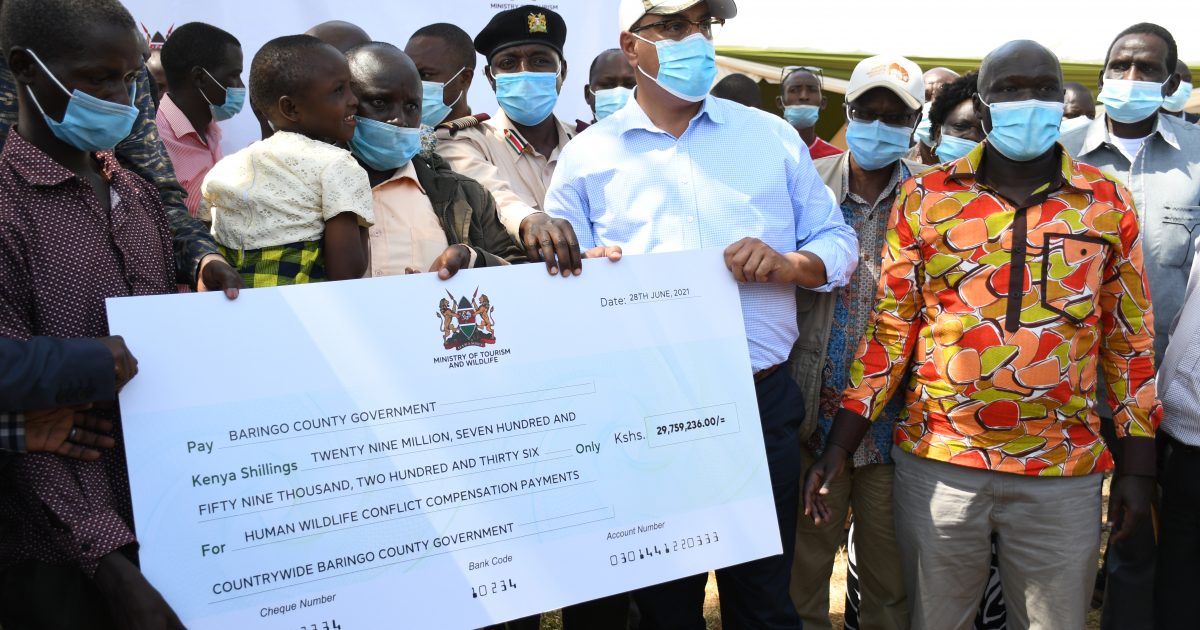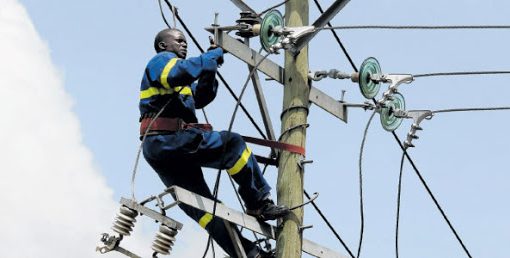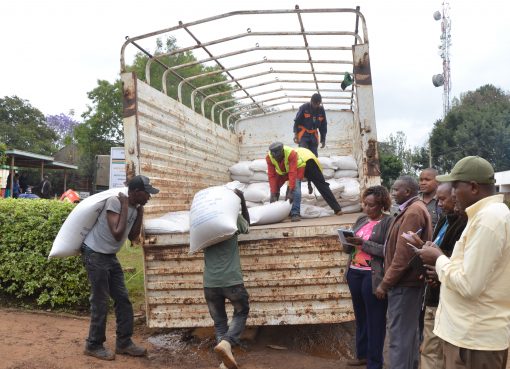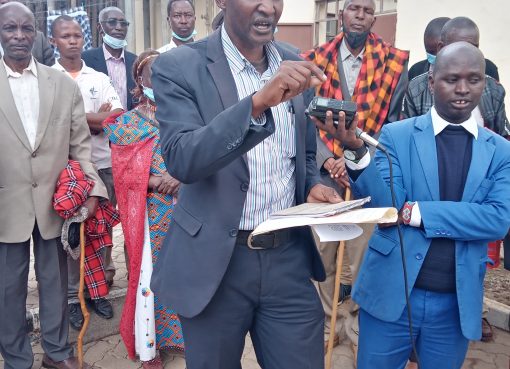The government through the Ministry of Tourism and Wildlife has launched a Sh500 million compensation payment for victims of human-wildlife conflict.
Presiding over the national launch at Kampi ya Samaki Snake Park, Wildlife and Tourism Cabinet Secretary Najib Balala said the payments would clear a backlog of claims lodged between the year 2014 and 2021.

“We have a further Sh600 million allocated for compensation in the coming financial year of 2021-2022,” revealed Balala.
The CS however decried the low allocation saying it was not adequate and the stakeholders including Members of Parliament needed to ‘think outside the box’ to carter for the claims which currently stood at Sh3.1 billion.
He said that the Ministry would in the next six months launch an app-based compensation system which would be done online and shorten the approval period to three months. “We will connect the app to e-citizen and huduma number for ease of access and it’s devoid of fraud,” said Balala.
“We must recognize the goodwill of our communities living with the wildlife and how they are going to benefit from it,” said the CS
He said that without the recognition, “we will as a country lose all the wildlife heritage”.
The Wildlife Conservation and Management Act 2013 established wildlife conservation and management committee comprising of County Commissioner, an officer from the wildlife ministry and four members of the community. This has made the process of claim credible as opposed to the earlier process which was prone to corruption.
Balala acknowledged that Counties of Baringo, Kilifi and Lamu were facing high cases of snake attacks and that his ministry was looking at a way of compensating snake bites after it was removed from the cover in 2018 due to increased cases of fraud.
He promised to invite companies dealing with anti-venom to Baringo to see if they could venture into the production of the important antidote instead of relying on imports.
Victims of wildlife attack in Barango will receive a total of Sh29 million from the kitty. They include the family of the 10-year-old Videlma Jepchirchir who suffered paralysis after a snake attacked her and her sister in 2014 while sleeping at home. Unfortunately, her younger sister lost the battle.
Baringo Governor Stanley Kiptis welcomed the move to compensate the victims saying it was a milestone and historic. He also welcomed the gesture by the CS to source for anti-venom producers to invest in the production of the antidote in the county saying other than saving lives, it would provide employment to youths.
His sentiments were also shared by his deputy Jacob Chepkwony who said it was important to turn the wildlife challenges into a fortune by tapping on such a venture.
Wildlife Principal Secretary Prof. Fred Segor called on the claims vetting committees led by county commissioners to be diligent in their scrutiny of claims so that the people benefiting from the compensation are the deserving ones.
Kenya Wildlife Service Director General Brigadier (Rtd) John Migui Waweru assured the public that the service’s mandate was to protect both the wildlife and the people in the game reserves and outside in human habitats.
“I would like to dispel the belief that we protect the wild more than the human beings. That is not true because we protect both. It’s important to note that 65 per cent of the wild life reside outside the game reserves,” added the Director.
He promised to make the availability of claim forms all the way to the grassroots at the chief’s offices to make ease of lodging claims affordable to all.
He was responding to claims by the area Member of Parliament and Members of County Assembly of Baringo who complained that the claim forms were not accessible at the grassroots.
The Baringo South MP Charles Kamuren called on the CS to consider fencing a section of Mochongoi forest to keep the elephants away from human settlement as they led to loss of lives and even livelihoods.
By Christopher Kiprop and Benson Kelio





